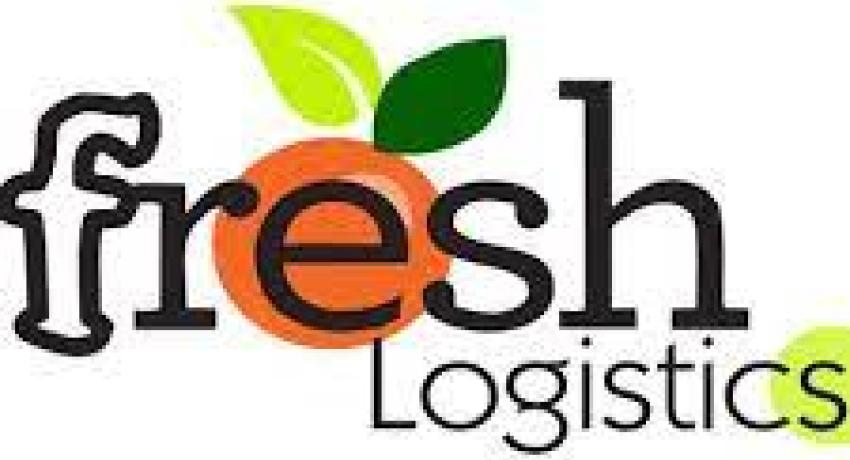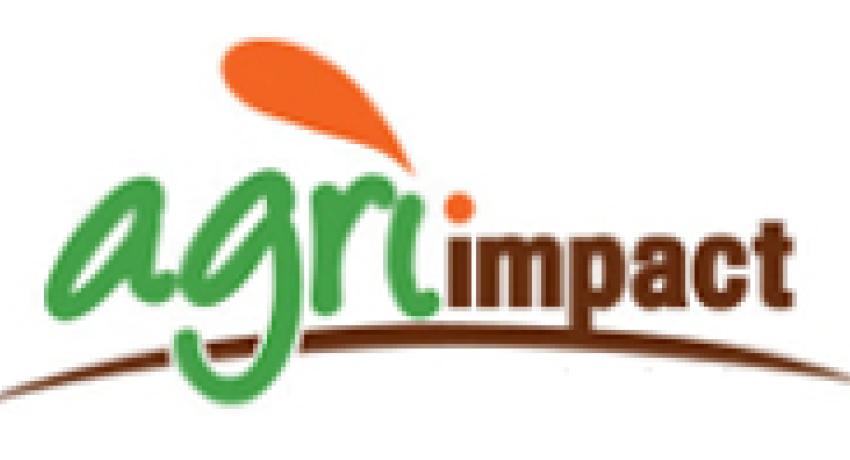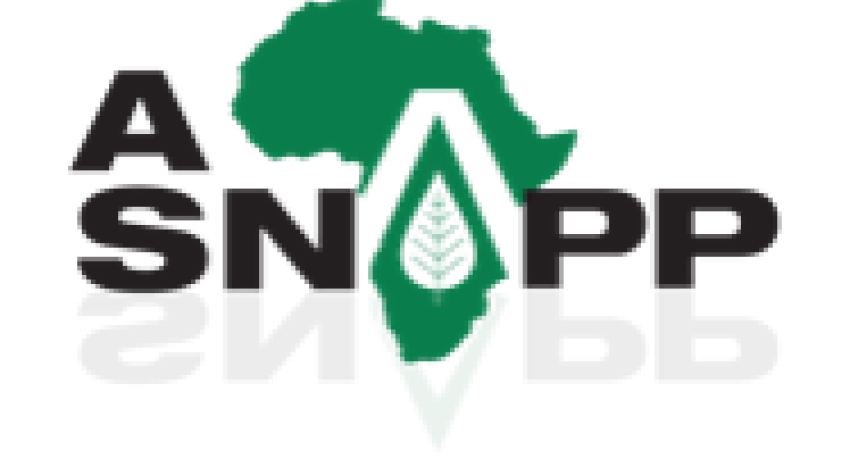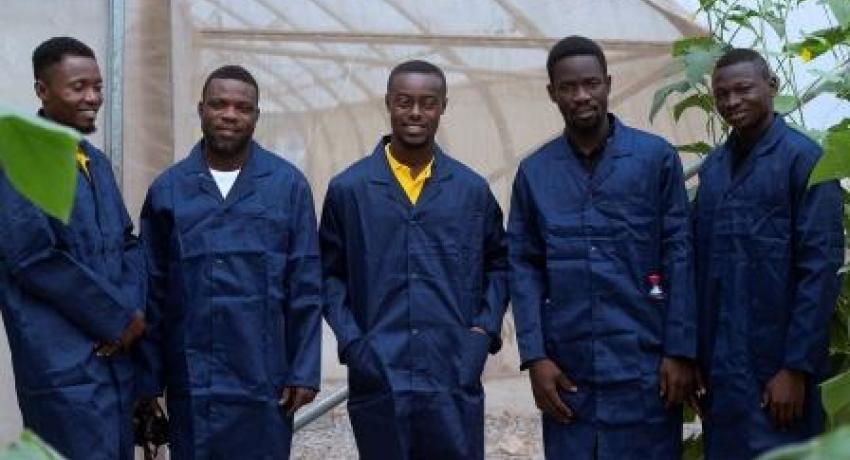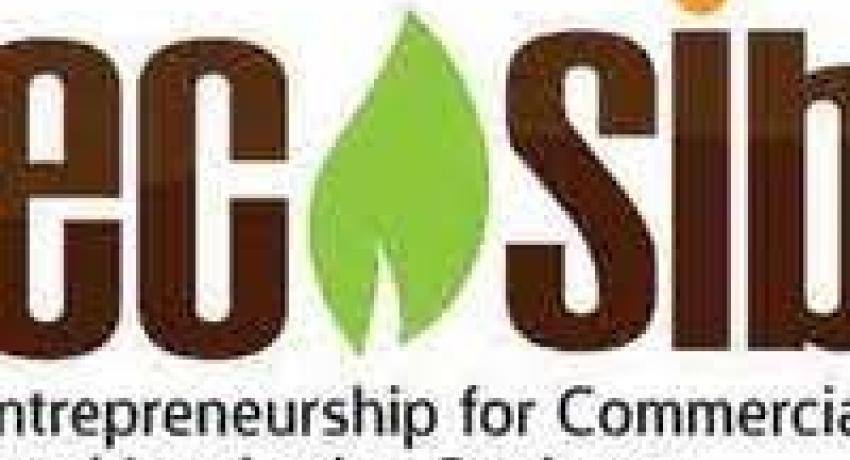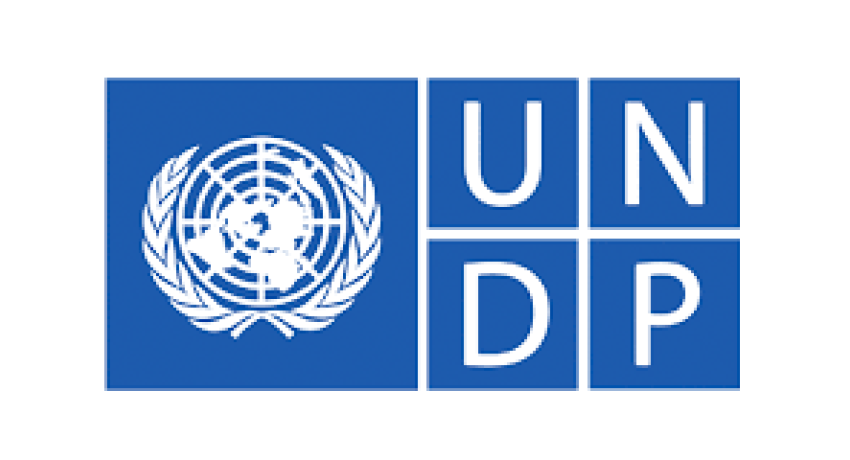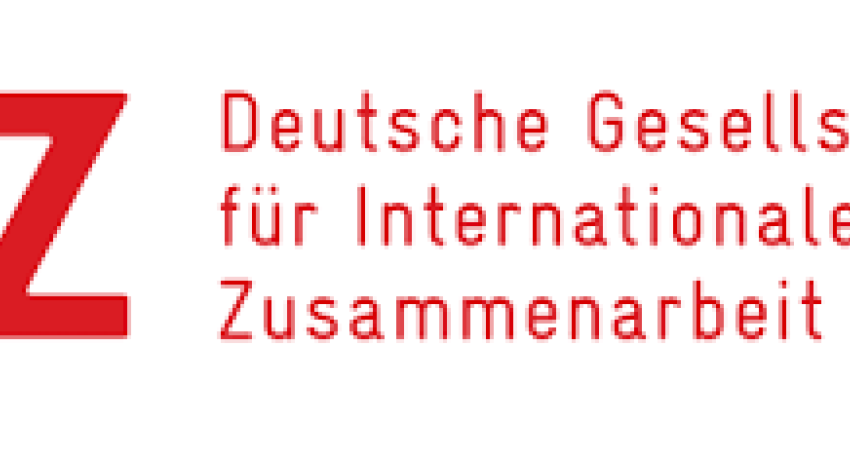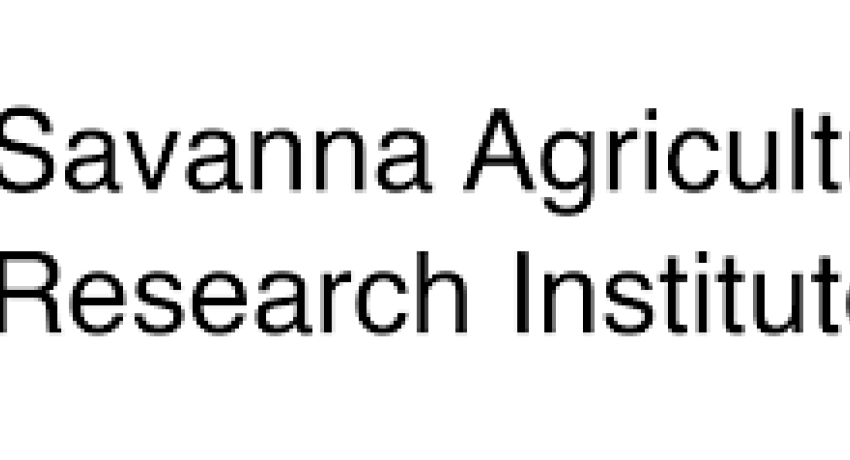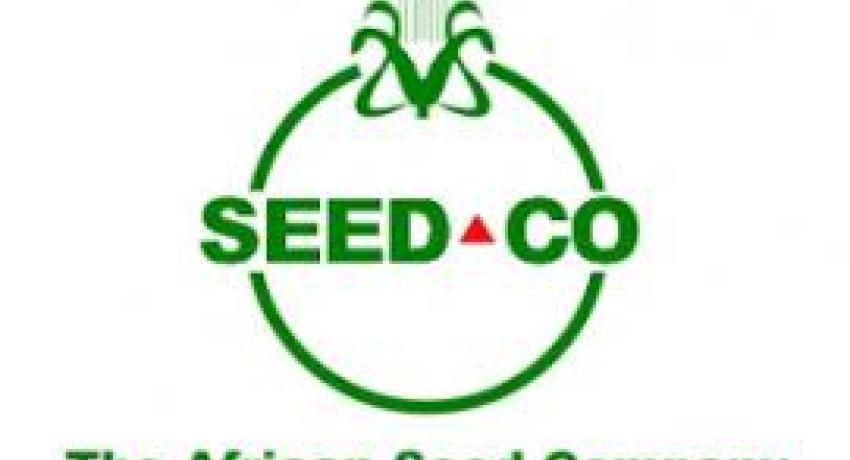Agriculture contributes 22% to Ghana’s inflation and the vegetable sector accounts for 22.5% of agricultural inflation. YUGEP is an ongoing initiative of the Minister of Finance that is fully funded by EXIM Bank and implemented by Agri-Impact. Greenhouse production technology is growing in popularity in Ghana due to its ability to support year-round production of high-quality vegetables, promote efficient, intensive use of land and water and high yields.
It is envisaged that it will help increase the volume of vegetables available and significantly close price variations due to seasonality thereby reducing agricultural contribution to inflation, and reducing import of vegetables to Ghana.
Greenhouse Production in Ghana increased from about 1ha in 2008 to about 4ha in 2015-2017 to about 23ha in 2021. Ghana EXIM (GEXIM) Bank funded Greenhouses constitute 56% of all Greenhouses in Ghana and this can reduce tomato imports by 2% using tomato import from Burkina Faso as the reference.
This initiative is aimed at promoting investment in Greenhouse Vegetable production in Ghana towards import substitution and job creation. It is a 4-year project (2019 – 2023), involving the construction of 200 greenhouses in six regions including Ashanti, Greater Accra, Volta, Central, Western and Eastern. The project is providing technical and financial assistance to over 200 tertiary graduate entrepreneurs aged between 20 and 35 and Institutions/Promoters to own and manage their own greenhouses.
Each beneficiary/team/institution has been allocated at least one greenhouse structure covering a total of 640sqm; a packing shed for cleaning, sorting, grading, and packing; growing medium and certified seeds; irrigation facility and small farm tool or equipment. Beneficiaries are expected to payback the credit facility (about ghs84,000; principal plus interest) that has been provided through the installation and operationalisation of the Greenhouses over a period except for a few that was allocated completely as grants. The project has generated over ghs300 million in revenue since its inception.
The objectives of the project are to:
- Reduce persistent importation of vegetables
- Increase production and yield of vegetable output in Ghana
- Create viable jobs for the youth in urban areas and peri-urban in Ghana through sustainable agricultural ventures
- Recruitment support for graduates under the Government’s flagship initiative, Nation Builders Corp (NABCO)
- Stimulate medium-scale agro-processing of vegetable
- Make agribusiness attractive to the youth, especially Tertiary Graduates
The turnkey and value chain services provided by Agri-Impact include but not limited to the following:
- The project’s design, supply, and installation of all the greenhouses.
- The implementation of YUGEP which includes the provision of agro-inputs, production technology, business management skills.
- Engaging Fresh Logistics, a sister company which serves as a supplier of all vegetables produced in the greenhouse to supermarkets and corner shops.
- Ensuring repayment of credit facility offered by the bank to the youth.
- Development of project indicators and the provision of timely reports to the bank.
- Maintenance of a close working relationship with key stakeholders such as GEXIM, MoF, Beneficiaries etc.
- Organizing and leading regular stakeholder meetings.
- Enabling adequate information flow, discussions, and feedback among the various stakeholders of the project.
- Preparing project work plans, ensuring adherence to the work plans, and implementing of project activities.
The project is being implemented using a cluster approach where, 5 or 10 greenhouses are installed in one location and managed as a unit or cluster. The advantages of the cluster approach include, among others:
- It generates the critical volume of produce
- It facilitates aggregation of produce for Market
- It reduces both infrastructure and operational cost since beneficiaries will share common facilities such as irrigation, electricity, bore hole, storage places etc.
- It facilitates transfer of technology and makes training easier
- It reduces cost of supervision and ensures effective monitoring
- It enhances knowledge transfer and smoothens sharing of lessons among beneficiaries
- It will facilitate mobilization of funds by management firm for GEXIM loan repayment

